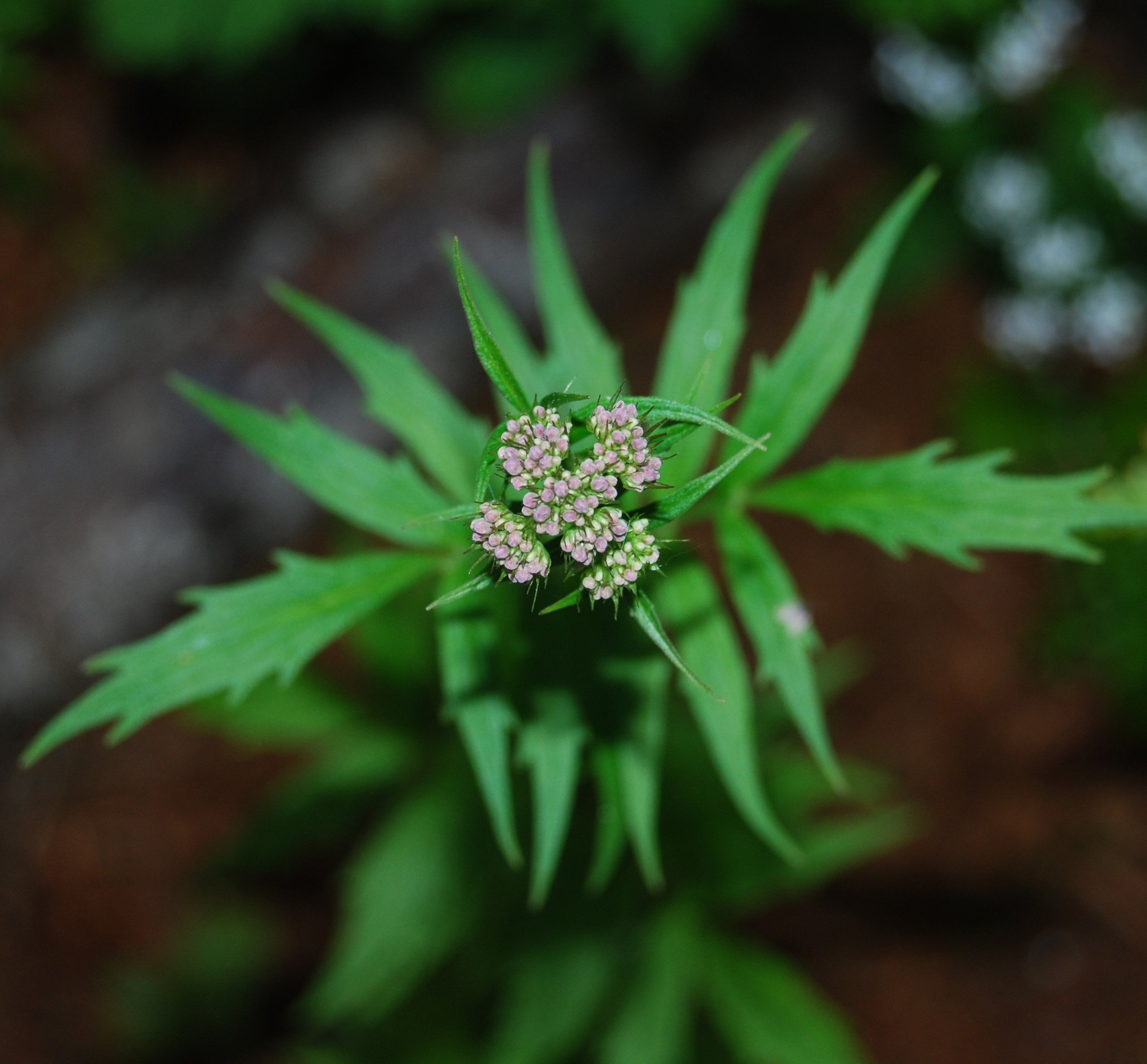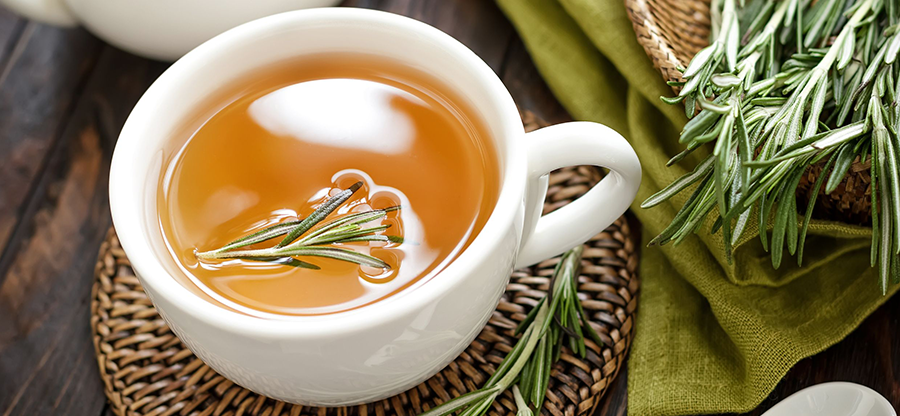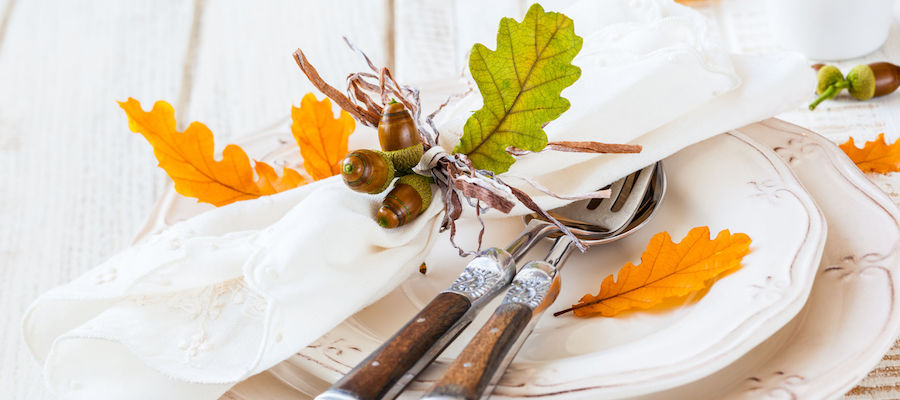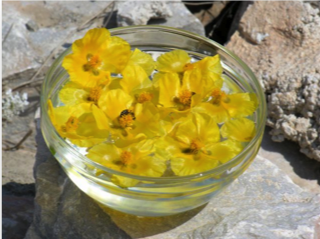Now tha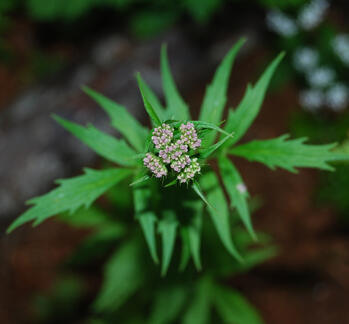 t I have your attention ... Okay, okay, maybe I don't know any "real" zombies. But, long, sleepless bouts of insomnia can create a similar feeling in us: sunken eyes, blank stare, tired brain, trouble speaking. Does this sound familiar at all?
t I have your attention ... Okay, okay, maybe I don't know any "real" zombies. But, long, sleepless bouts of insomnia can create a similar feeling in us: sunken eyes, blank stare, tired brain, trouble speaking. Does this sound familiar at all?
Whether you answered "yes" or "no," there's some interesting research out right now that may benefit your sleep habits all the same.
Did you catch the recent Wall Street Journal article, "Can a Root Get to the Problem of Insomnia?" (If not, you can find this article by Laura Johannes on their website here.)[1]
In the article Johannes explores the potential health benefits of valerian root (Valeriana officinalis), in specific the potential for valerian to reduce insomnia and anxiety. I was especially interested in this article because the author consulted with the Natural Standard to discuss the available scientific evidence. (As all students at the American College of Healthcare Sciences know, we highly value this evidence-based source of research for complementary alternative medicine, and provide all students with access through our online classrooms.)
What did the Natural Standard have to say about the use of valerian with insomnia and stress? It appears that in a "review updated earlier this month, Natural Standard Research Collaboration, a Cambridge, Mass., scientist group that evaluates natural therapies, gave valerian a "C" grade for insomnia and anxiety, which means it considers the evidence to be unclear[2]."
This is interesting. If you are using the dried herb and not a standardized extract or capsule, be aware that level of the primary active constituent in valerian, valerenic acid, can vary from sample to sample, herbal preparation to herbal preparation[3]. Not that I am supporting standardization. This is only to say it may account for the inconsistency the Natural Standard is reporting, or it could also be related to poorly designed studies.
However, we do know from traditional and empirical use that valerian is a powerful antispasmodic and has a tranquilizing effect on the nervous system. Plus, unlike some prescription medications, valerian is non-habit-forming when used in the Recommended Daily Dosage (RDD) over time. (The RDD for valerian is 1-3 milliliters as a fluid extract, 1-2 tablespoons juice extracted from the fresh root, 1/2-1 teaspoon as a powder, 4-6 tablespoons infusion, or 3-4 milliliters tincture—all three times per day.)
Historically, valerian was once widely used, but the increased use of synthetic tranquilizers like Valium and Librium have reduced the use of this herb. It's too bad, really. Unlike synthetic tranquilizers, valerian does not have side effects if used in the stated dose. According to a 2011 study, valerian "seems to have some effect in mild to moderate insomnia" and is a "safe substance"[4].
So, what does this mean for you zombies at home? How do you make sure the valerian you use is high quality and adequate to effectively support healthy sleep?
One simple way to ease valerian into your diet is through tea. Herbal teas are highly effective and easy preparations in the herbal Materia Medica. As a basic recipe, I recommend 1 teaspoon dried herb (or 2 teaspoons fresh herbs) to 1 cup boiling water. But, be aware ... valerian can be kind of bitter. To help improve the overall flavor of your tea (after all, you want to enjoy it if at all possible), you can add another herb like peppermint Mentha piperita or lemon balm Melissa officinalis. Lemon balm would actually be a great choice since research suggests the combination of the two herbs might actually improve the quantity and quality of sleep in healthy people [5]. If the taste and smell of valerian root tea is just too much to handle, try powdering the dried root and encapsulating.
Some of you might want to grow and/or harvest your own fresh valerian. Wondering how? Watch this short YouTube video on valerian I made for ACHStv:
When selecting your herbs, remember to:
- Always buy from a reputable supplier that practices stock rotation. I recommend not stocking herbs two years older than the harvest date.
- Ensure your herbs are certified organic, organic or spray and pesticide-residue free, have not been gathered near a roadway, are free from insects and mold, and that they have a good aroma and color (TIP: They should smell as close to the fresh herb as possible and have retained their color.)
- Only use fluoride and chlorine-free water in herbal preparations
- Weigh your herbs (TIP: Don't measure your herbs because there is so much variance; have an accurate scale on hand.)
- Never use aluminum (TIP: Aluminum can react with the chemicals in herbs and affect the end product, so use stainless steel, Pyrex, earthenware, or enamel that is free of chips and cracks.)
For all of you zombies who are not into tea, what about Knockout Drops? Sound good? Here's one of my favorite recipes you can try at home:
Knockout Drops
1 oz valerian Valeriana officinalis
1 oz hops Humulus lupulus
1 oz skullcap Scutellaria lateriflora
1 oz passionflower Passiflora incarnata
Directions: Mix the dried herbs and prepare as a standard infusion or mix extracts or tinctures. Use 3-4 tablespoons of the infusion, 5-10 drops of the extract, or 10-20 drops of the tincture, all three times a day and before bed.
Is valerian in your herbal medicine cabinet? What is your favorite valerian preparation? Or, do you have questions about how to correctly purchase and/or use fresh herbs? If so, leave a comment. I'd love to chat with you further.

References
[1] Johannes, L. (2013, April 15). Can a Root Get to the Problem of Insomnia? The Wall Street Journal. Accessed from http://online.wsj.com/article/SB10001424127887324485004578424730139906860.html?KEYWORDS=valerian
[2] Ibid.
[3] Anderson, G.D., Elmer, G.W., Taibi, D.M., Vitiello, M.V., Kantor, E., Kalhorn, T.F., et al. (2010). Pharmacokinetics of valerenic acid after single and multiple doses of valerian in older women. Phytother Res., 24(10):1442-6. doi: 10.1002/ptr.3151.
[4] Nunes, A. & Sousa, M. (2011). Use of valerian in anxiety and sleep disorders: what is the best evidence? Acta Med Port., 4:961-6.
[5] Cerny, A. & Shmid, K. (1999). Tolerability and efficacy of valerian/lemon balm in healthy volunteers (a double blind, placebo-controlled, multicentre study). Fitoterapia, 70:221-8.
This article is for informational purposes only. It is not intended to treat, diagnose, cure, or prevent disease. This article has not been reviewed by the FDA. Always consult with your primary care physicial or naturopathic doctor before making any significant changes to your health and wellness routine.

